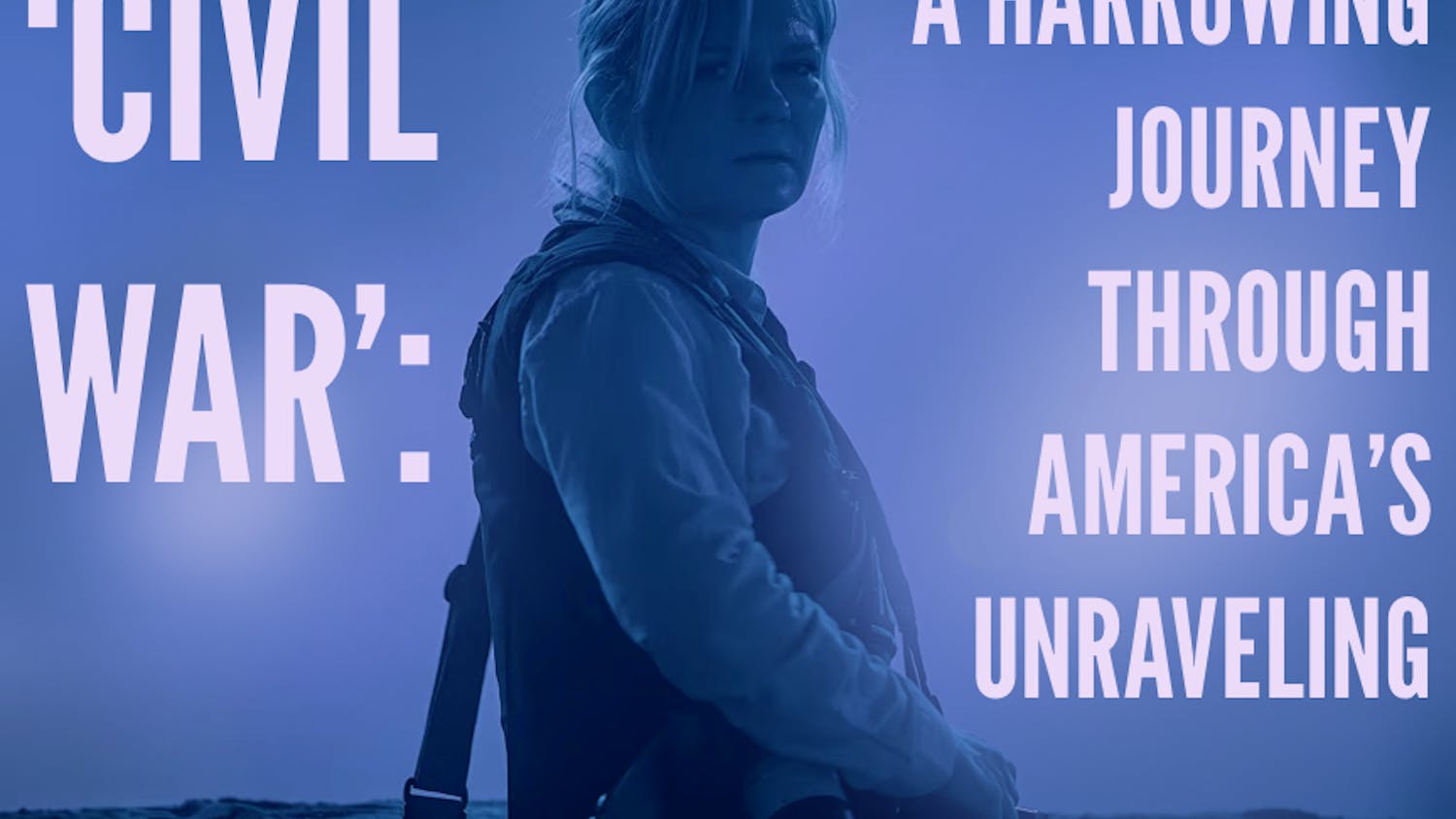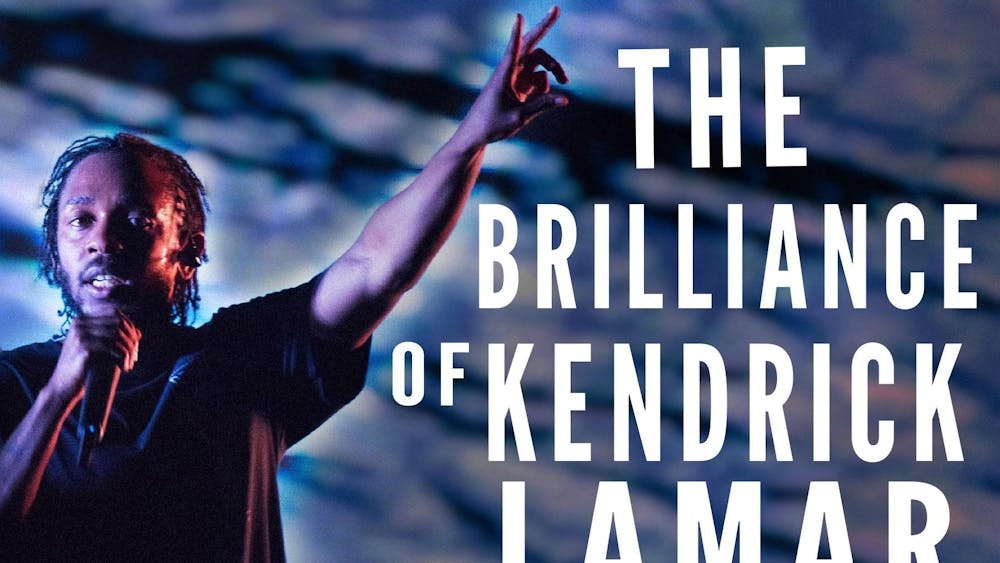
Like other wayward, naturally curious children, I spent much of my youth learning weird facts on the internet. My undeveloped prefrontal cortex soaked up whatever crossed its path: conspiracy theories, VSauce videos, nature documentaries and, of course, philosophy. I read summaries and Wikipedia pages of famous works, browsed philosophy web forms and watched video essays about old and new philosophy.
Today, as a PLS major (i.e., a philosopher king), I recognize that most of Internet philosophy actually sucks. People misread philosophers, make absolute claims about ambiguous material, ignore historical context, project themselves onto philosophers, use ill-defined terms to sound smart and so on. While some thoughtful and well-made philosophy content exists, it gets lost in a sea of mediocrity.
TikTok is home to some of the worst offenses. Unfortunately, TikTok’s very structure encourages wishy-washy intellectualism. Videos range from 15 seconds to three minutes, a woefully short period for explaining complex ideas. The “Stitch” feature, which lets users piggy-back off other videos, provides a maximum of 5 seconds of context before the original video is interrupted. The comments section is astoundingly bad, with comments in a thread randomly shuffling out-of-order, making uninterrupted and clear discussion impossible. These design choices, along with an algorithm that tightly curates content, work together to encourage poor content and insulate that content from criticism.
TikTok philosophy [sic] comes in many flavors. Pick your poison: A voice-over on a Minecraft parkour video, out-of-context quotes overlaid on a sexy picture of outer space, a disgruntled yet stylish emo speaking for 3 minutes without saying anything at all and so on. These videos do not indoctrinate viewers or tell them what to think; in fact, it’s worse. Viewers leave with an inability to say anything at all. You could spend all of your time on philosophy TikTok and still come away with nothing … except maybe “One must imagine Sisyphus happy,” a Camus quote repeated ad nauseum on TikTok.
Officially, TikTok only allows ages 12+ to create an account, yet people younger than 12 years old regularly find a way onto the platform. Many of the people eating up TikTok’s philosophy are clueless kids just like I was on ye olde internet. The untrained, unread eye cannot distinguish between attention-mongering sophists and actual educators. Even worse, many creators incorporate sex appeal or attractive aesthetics into their content, further distracting the mind from critical thought. Philosophy, historically aimed at questioning assumptions, is now creating a new generation of uncritical thinkers on TikTok.
One way that TikTok philosophers grow their audience is by putting humor and entertainment over education. For example, the user @Rousshoe makes snappy videos about widely-referenced philosophical concepts while showing off his body. Even though Rousshoe’s videos do not intend to educate, they fool TikTok users into believing they understand philosophers if they can recite a few sentences about each of them. Viewers (especially younger viewers) subscribe to Rousshoe and similar creators to learn philosophy, one 15-second snippet at a time.
TikTok’s philosopher-comedians occasionally create educational content to express something important or affirm their intellectual credentials. Unfortunately, these videos tend to be misleading or ideological. In a video arguing that overpopulation is not a real threat to the climate, Rousshoe attempts to root climate hawkishness in Malthus: “Malthus … thought that if poor people kept having kids the world was gonna end.” No one who has actually read Malthus would come away with such a notion. Malthus argued that overpopulation always corrects itself through disease, famine and war. He even believed that these scourges were divine gifts — God’s way of ensuring that Creation would never be overrun by the masses. Rousshoe either doesn’t know or doesn’t care because his comment will easily slip by most of his audience. He gets viewers, and his viewers get to name-drop Malthus in their next discussion of climate change.
Not every TikTok philosopher falls into the Rousshoe crowd. Many of them produce content with good intentions and effort. At the same time, TikTok’s limitations make even the best philosophy creators prone to mediocrity. The time limit forces creators to explain what a philosopher is “all about,” as if such a thing can be easily summarized or is uncontroversial. Moreover, TikTok creators obscure philosophy as an act, or something you do. You cannot opine on Camus if you have never read Camus and wrestled with the words on his pages. Nor can you debate and discuss his ideas in the unnavigable TikTok comments sections. Thus, TikTok is functionally the opposite of a Socratic seminar. You must listen to a reductionist point-by-point recap of ideas, like if your Philosophy 101 class was also a thirst trap.
I do not believe philosophy TikTok is a lost cause. Rather than trying to produce bite-sized versions of YouTube’s video essays, TikTok should find its own niche. TikTok’s 3 minute videos would be good for doing close readings of famous philosophical passages. Creators could read the passage for 30 seconds and spend the rest of the time exploring it line-by-line. Maybe videos could be starting points for deeper analysis, directing users to long-form content after teasing them with interesting ideas.
Making better TikTok content will not resolve the platform’s structural issues, but it is perhaps the best we can do. TikTok is rapidly growing and it is already one of the biggest apps on Earth. We cannot waste an opportunity to expose younger generations to philosophy, even if the medium is not ideal.
In the end, some exposure to philosophy is probably better than no exposure. TikTok philosophers are not melting the minds of their viewers; if anything, the platform as a whole is doing that. Still, why not do better? Creators should skip the endless jokes on Plato’s cave and Kant’s categorical imperative and instead focus on educating — not corrupting — the youth.













